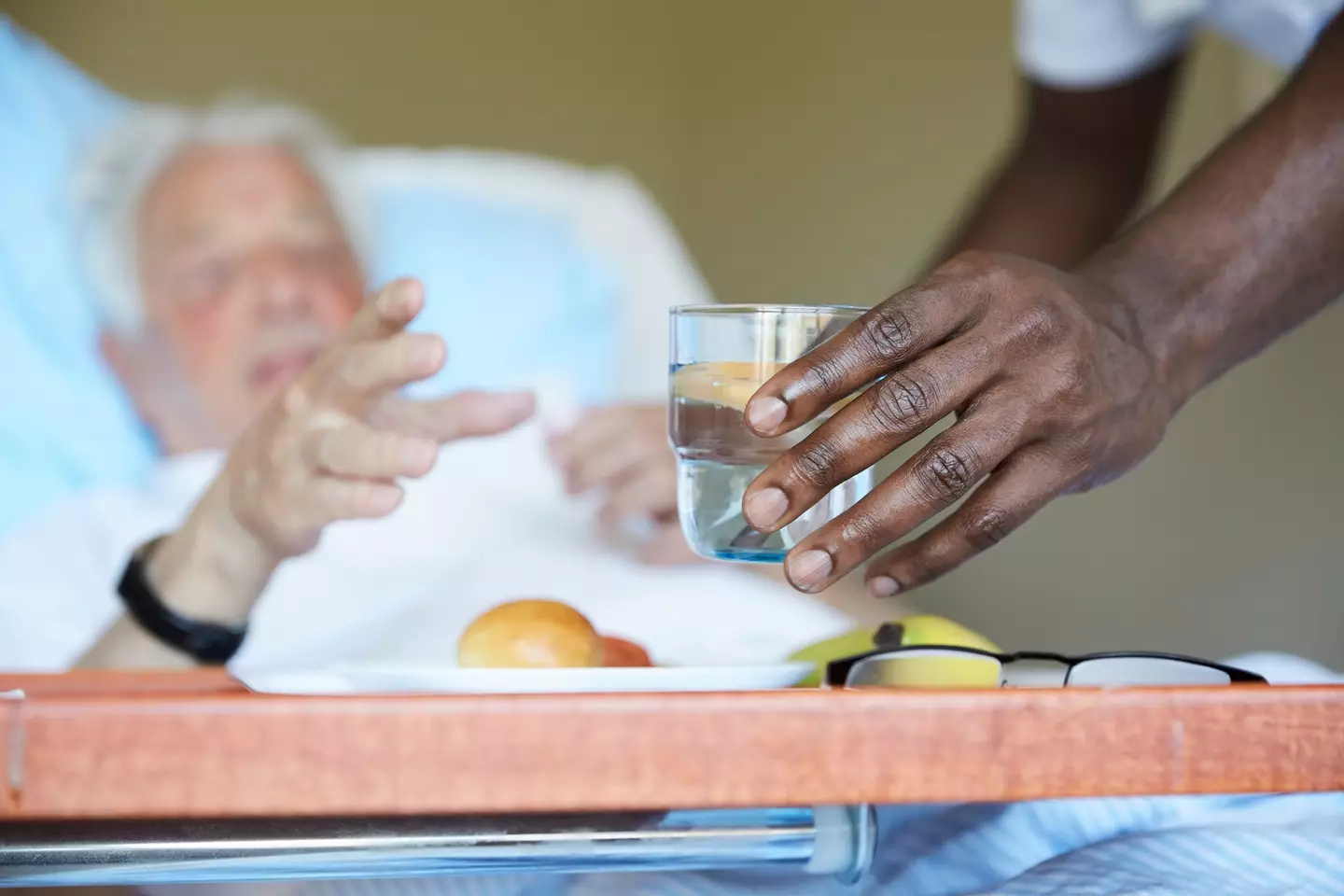While the adage “everything in moderation” holds true, there’s a concerning warning from a medical practice about the risks associated with consuming excessive amounts of water.
While it’s unlikely anyone would suggest drinking vast quantities, the real concern arises when you’re very thirsty and might consume too much.
Cleveland Clinic highlights that ‘water intoxication is a condition in which there’s too much water in your body’, impacting the body’s cells.
In extreme cases, water intoxication can lead to coma or even death. However, recognizing the signs and understanding the condition can help keep you safe.

Medical professionals list various symptoms of water intoxication, including nausea, vomiting, bloating, headaches, drowsiness, muscle weakness, pain, and cramps.
The list is not exhaustive; be mindful of mental changes such as confusion, irritability, dizziness, and swelling in the extremities.
So, how can you discern if you’re overhydrated?
First, consider your water intake. If you’ve consumed excessive amounts, it may be wise to consult a doctor for symptom checks.
Another indicator is the color of your urine. Clear or colorless urine suggests overhydration, while dark orange indicates dehydration. Light yellow is ideal for hydration.
If your urine is colorless and you’re experiencing symptoms of water intoxication, stop consuming water.

Individual differences exist, but water intoxication may occur if you drink a gallon—approximately three to four liters—within a few hours.
Our bodies typically eliminate one to two liters of water via urination, so consuming more than this can be hazardous.

The Cleveland Clinic advises preventing overhydration by drinking when thirsty and stopping once your thirst is satisfied—don’t push yourself to drink more.
The experts at this non-profit academic medical center also emphasize listening to your body’s cues.
It’s straightforward advice: maintain moderation and stay safe. This isn’t a medical directive, just some personal wisdom on the matter.

